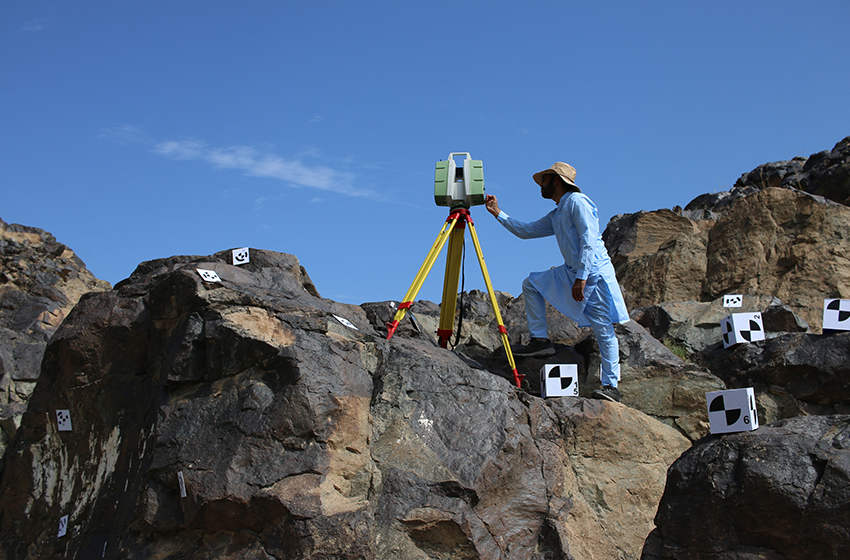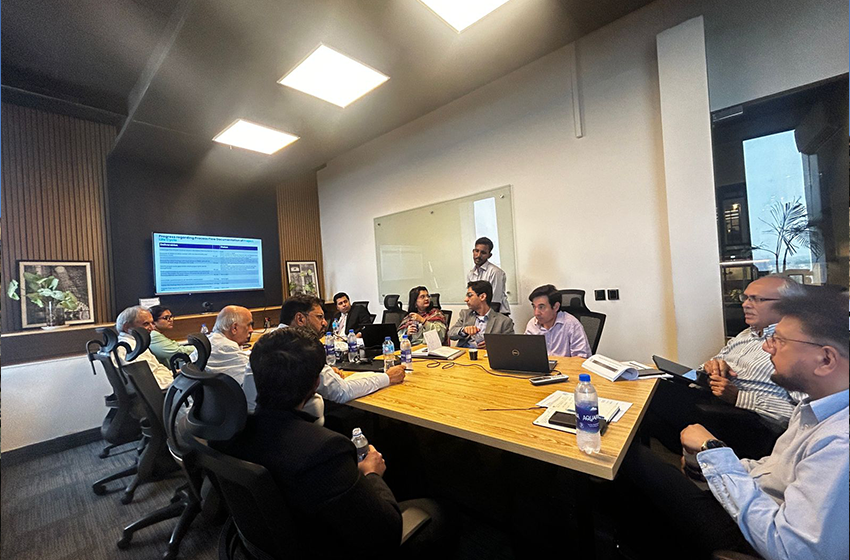News and Activities
Technology for People Initiative (TPI) successfully completed its Child Protection Information Management System (CP IMS) Project. This initiative involved launching five CP IMS in partnership with UNICEF, Oxford Policy Management (OPM), and the provincial governments of Khyber Pakhtunkhwa, Balochistan, Sindh, Gilgit-Baltistan, and Islamabad Capital Territory. Each system ensures secure and confidential data flow among multi-sectoral stakeholders, tailored to the specific realities and legal frameworks of each region, enhancing child protection case management throughout a child's involvement in the system.
TPI has launched the Public Investment Management project in collaboration with Oxford Policy Management (OPM) and the Punjab Planning & Development Board. This project aims to provide technical support for digitalising the Board's end-to-end process flows. TPI has already conducted an assessment to identify gaps in the Board's current digital systems. Based on these findings, TPI will propose solutions to minimise inefficiencies and redundancies, thereby enhancing the Board’s capacity for effective public investment management.
In collaboration with Adam Smith International, TPI has been enhancing data governance at the Federal Board of Revenue (FBR). This involves building a digitalisation roadmap, creating a data governance and security policy, and enhancing FBR’s compliance risk management practices using ML and AI; this will enhance data management practices to ensure privacy, security, accuracy, and regulatory compliance.
The Centre is documenting ancient structures on a massive rock boulder formation in Mehdiabad, Kharmang, near Skardu. These historical sites, threatened by erosion due to exposure to the elements, are being digitally preserved by the TPI team to protect their rich cultural heritage. Over six days of fieldwork in March 2024, the team conducted approximately 450 scans.
Work continues on the digital survey titled ‘Upper Indus Rock Art, Petroglyphs, and Inscriptions in Northern Pakistan’ within the flood basin of the eventual Daimer Bhasha Dam. The project involves a physical survey of sites and documentation via geo-referenced images using standard DSLR cameras as well as depth imaging via Terrestrial Laser Scanners (TLS). The targeted area is 60 km long, mostly along the Karakoram Highway and on the banks of the Indus River. Over the last three years, TPI has conducted more than 13 field visits, spending approximately 250 days on the field and scanning over 4,200 rocks. More than 2,800 3D models have been generated.
The Centre will extend its ‘Dynamic Financial Data Analytics for Policy and Governance’ project in partnership with the Sub-National Governance Programme. The engagement with the Finance Department will continue, adding additional features to the financial dashboard developed last year and extending the intervention to the public education sector. SNG II and TPI will partner with the Punjab School Education Department to build a similar evidence-based budgeting platform, leveraging artificial intelligence and machine learning techniques to automate financial analysis and budget forecasting, thus equipping selected departments within the Government of Punjab with sophisticated analytical tools.
In collaboration with the National Centre for Robotics and Automation, Agriculture & Robotics Lab (NCRA-ARL) at LUMS, and WWF Pakistan, has developed an AI-based camera trap system for wildlife detection. This system functions as an early warning tool, quickly detecting predators like the snow leopard and notifying relevant authorities within a minute via SMS and a GIF image. This helps prevent attacks on livestock. Five of these camera traps have been successfully deployed in Gilgit-Baltistan, with plans to extend the project to Azad Jammu-Kashmir.
TPI collaborated with the Economic Advisor Wing (EAW) to develop an integrated data portal supporting indexing, analysis, and visualisation of its datasets. This project included developing the portal's architecture, migrating existing soft data, and creating a state-of-the-art web-based interface for both EAW staff and the public. With the software now deployed, it enables enhanced data analysis capabilities and supports better-informed decision-making within the organisation.
Events
TPI conducted multiple events across the year showcasing its projects, including:



